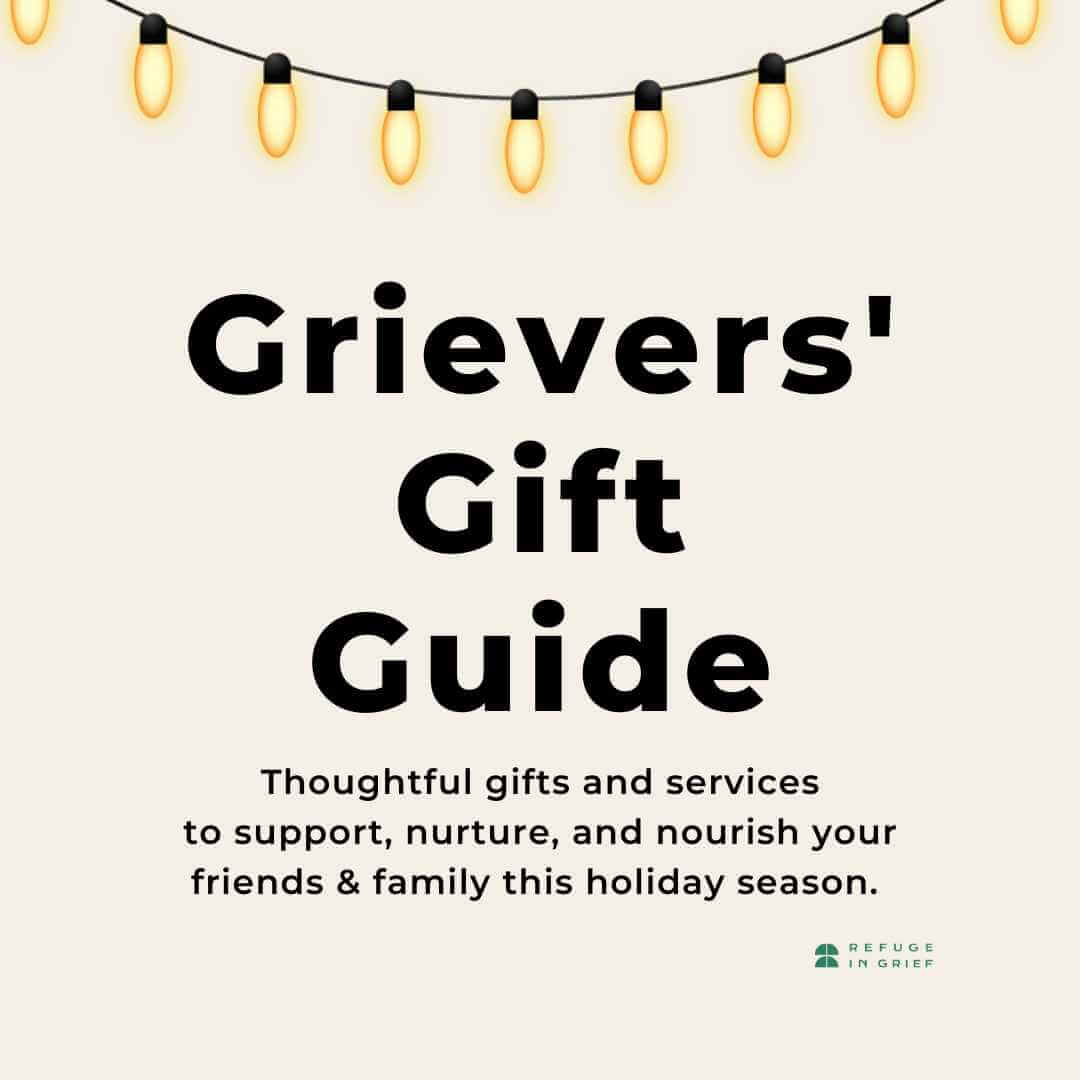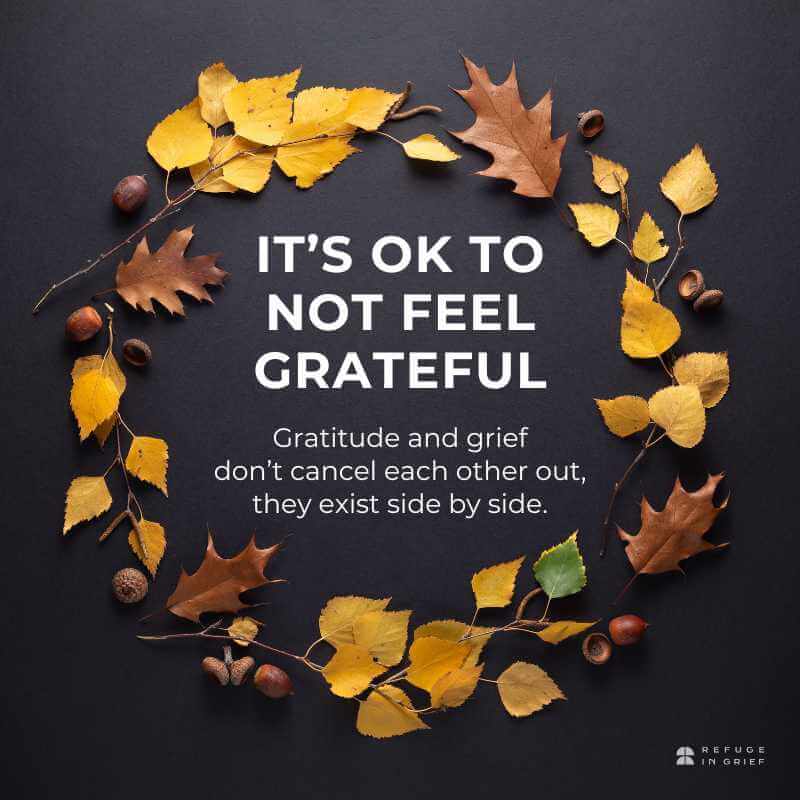if it isn't to "cure" grief, what good is therapy?
I’m a therapist.
I’ve been a therapist for well over ten years, and was in related social and education services for the decade before that.
In my work as a clinician, I had to give people diagnoses. That is the way that therapists and other professionals get paid: we give a diagnosis that the insurance companies have decided they will reimburse for care.
Diagnosis does another thing, too, and this is how I explained it to clients: a diagnosis is simply short-hand. Choosing a diagnosis, at its root, is a checklist and a process of elimination or inclusion. If I give you a diagnosis, it tells any other people you might be working with that you share at least some of the same challenges that other people with the same diagnosis do.
At its best, a diagnosis gives your team relevant information without you having to go through the same questions over and over again.
“At its best,” however, is rarely how it’s used or seen.
Even before I became widowed, I never was much for pathology: that medical-izing of normal human experience. I gave my clients the least stigmatizing diagnosis I could, while still accurately conveying their struggles. I couldn’t see someone as being deeply flawed just because they were in pain. I refused to treat anyone as though what they were feeling was inherently wrong.
After becoming widowed, I found myself way too many times on the receiving end of that medical view, being told that who I was, and how I was, was wrong. As though my intense, deep grief were pathological and corrupt: a sign of an unwell mind.
I didn’t just get it from the people around me – the friends, family members, and casual acquaintances. Some of the most corrective and judgmental people were other therapists. Some had even been my colleagues. One I had even looked to as a decent teacher in his field. The overwhelming response from both the pros and the casual observer was that since I was in pain, I was clearly doing it wrong.
Seeing a therapist is tricky business – so many (even some good ones) subscribe to that over-arching belief that grief needs to be corrected somehow, that it needs to be pushed through.
If you’re on this grief path, no doubt you have heard a zillion and one suggestions about how you can do your grief better. You’ve been encouraged to get out of it fast, to go back to “normal” life.
But there is a different way to approach grief.
Many, many years ago, in what seems like an entirely different life, I was studying herbal medicine. The subject for one class was herbs for immune disorders. What the instructor taught that day has stuck with me now for over twenty years. She said that many clinicians approach an immune disorder with herbs to stimulate and push the immune system, trying to get it to work harder and faster. That approach is misguided, she said. When you have a condition like this, your immune system is already working as hard as it possibly can. Trying to make it work harder is only going to fail.
The herbalist taught that what was needed in this situation were herbs to come in underneath the immune system, herbs to walk up beside it and support it. The most useful medicines are the ones that don’t push, but give the system roots. Nourish it. Help it continue to do what it is trying to do.
The system isn’t working wrong, it’s working as hard as it can.
Grief has your heart working as hard as it can. When you are in pain, you don’t need to be fixed. You don’t need to be labeled as broken, your feelings shoved into codified lists. You don’t need to be pushed to get better fast. What you need are those things – those people, those places, those words – that come up underneath you and give you roots. You need those things that nourish you, that help you do the work your heart already knows how to do. The work it is already doing.
A good therapist is a wonderful thing: they know that there is nothing about you that’s wrong. They know their role is to listen and validate, to come up alongside you and provide support. They bolster your roots; they lend you stability.
Good therapy isn’t a cure for what’s wrong. And that makes all the difference in the world.
How about you? Have you found a therapist who truly listens and supports you in your grief? Let us know in the comments. And if you haven’t found that right match yet, remember you can schedule a 30 minute phone call with me to see how we might work together. You can schedule your free session here.


